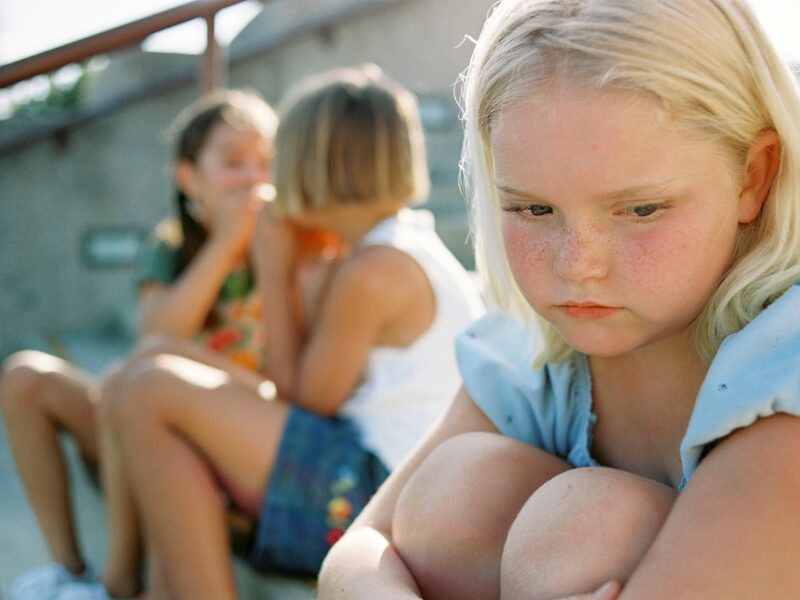Understanding Safety Behaviours in Social Anxiety

As a parent or caregiver, you may notice moments when your child is uncomfortable in social situations. They may speak quietly, avoid eye contact, or stand off to the side. These subtle behaviours could all be signs of social anxiety.
When children and youth feel anxious in a social environment, they often try to protect themselves from discomfort. One way to do this is through safety behaviours.
What Are Safety Behaviours?
Safety behaviours are actions children and youth use to avoid or reduce anxiety in social environments or situations. It’s how they respond to their anxiety and it is a form of avoidance – one of the most common responses to anxiety.
For example, a youth who feels nervous at a birthday party might pretend to be busy on their phone or stand far away from others. These behaviours offer short-term relief, but they reinforce their fear and make future situations more challenging – making anxiety harder to manage.
Here are some common safety behaviours to look out for:
- Speaking very softly or very little
- Avoiding eye contact
- Standing apart from others
- Constantly checking appearance or obsessing over it before socializing
- Rehearsing what to say excessively
- Using distractions like phones or TV to appear busy
- Leaving social events early or making excuses to leave
- Seeking constant reassurance or approval
- Use of drugs or alcohol
Safety behaviours can provide some relief of anxiety in the moment, but they can have lasting effects. Kids and youth might struggle to make friends, feel misunderstood, miss out on opportunities to grow and increase their anxiety over time.
Learning to recognize safety behaviours is an important first step. It helps you understand what your child might be feeling and opens the door to support.
In Waterloo Region, Front Door to Children and Youth Mental Health is a friendly starting point for families seeking help. They support children and youth up to age 18 with emotional, behavioural, and mental health challenges. Call Front Door at 519-749-2932 to book an appointment.
Instagram Feed
"When I look back, I realize Safe Haven is just that, a safe place where you can stop, clear your head, and figure things out. I don't know what a lot of kids would do if Safe Haven wasn't there"












